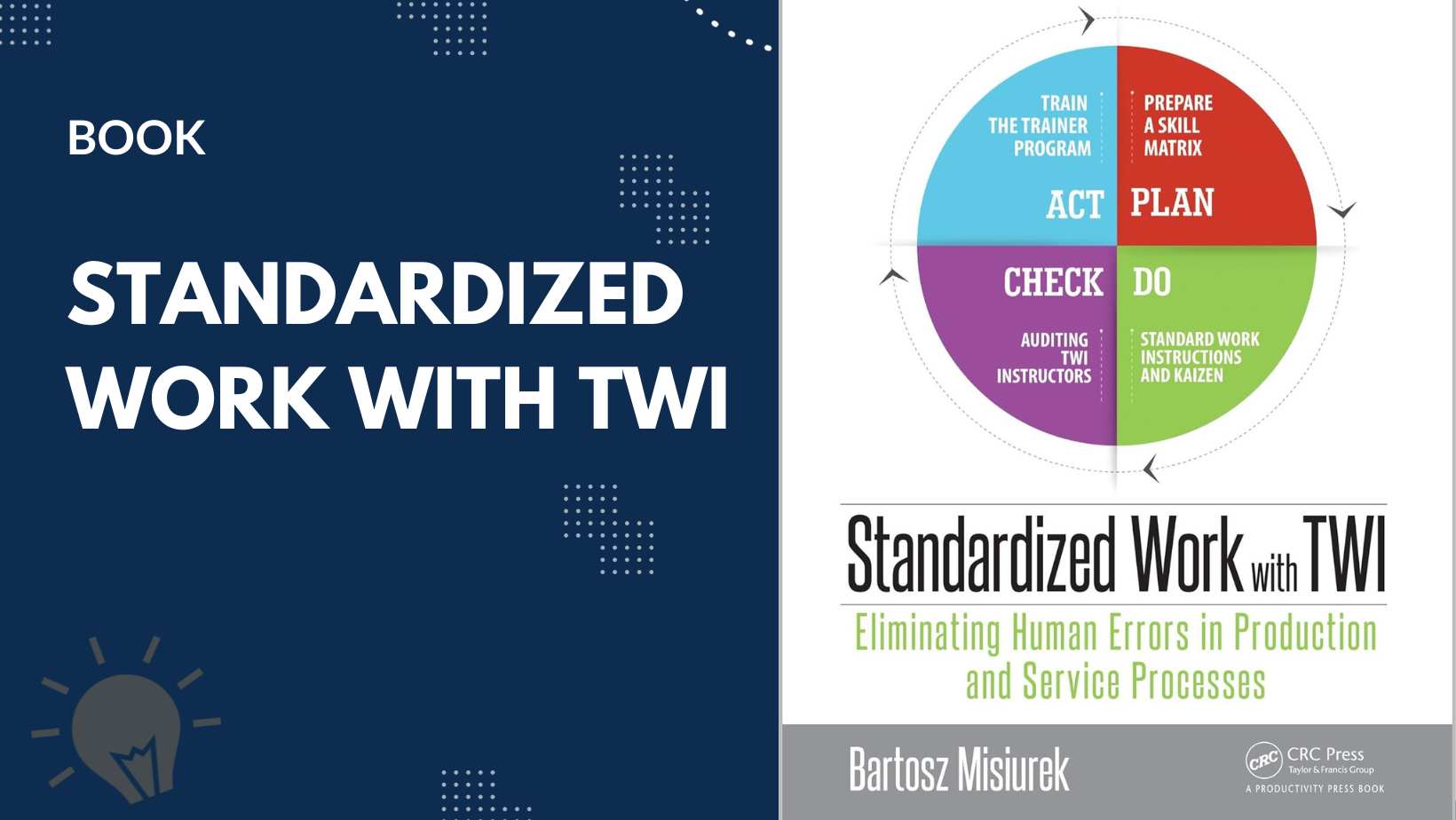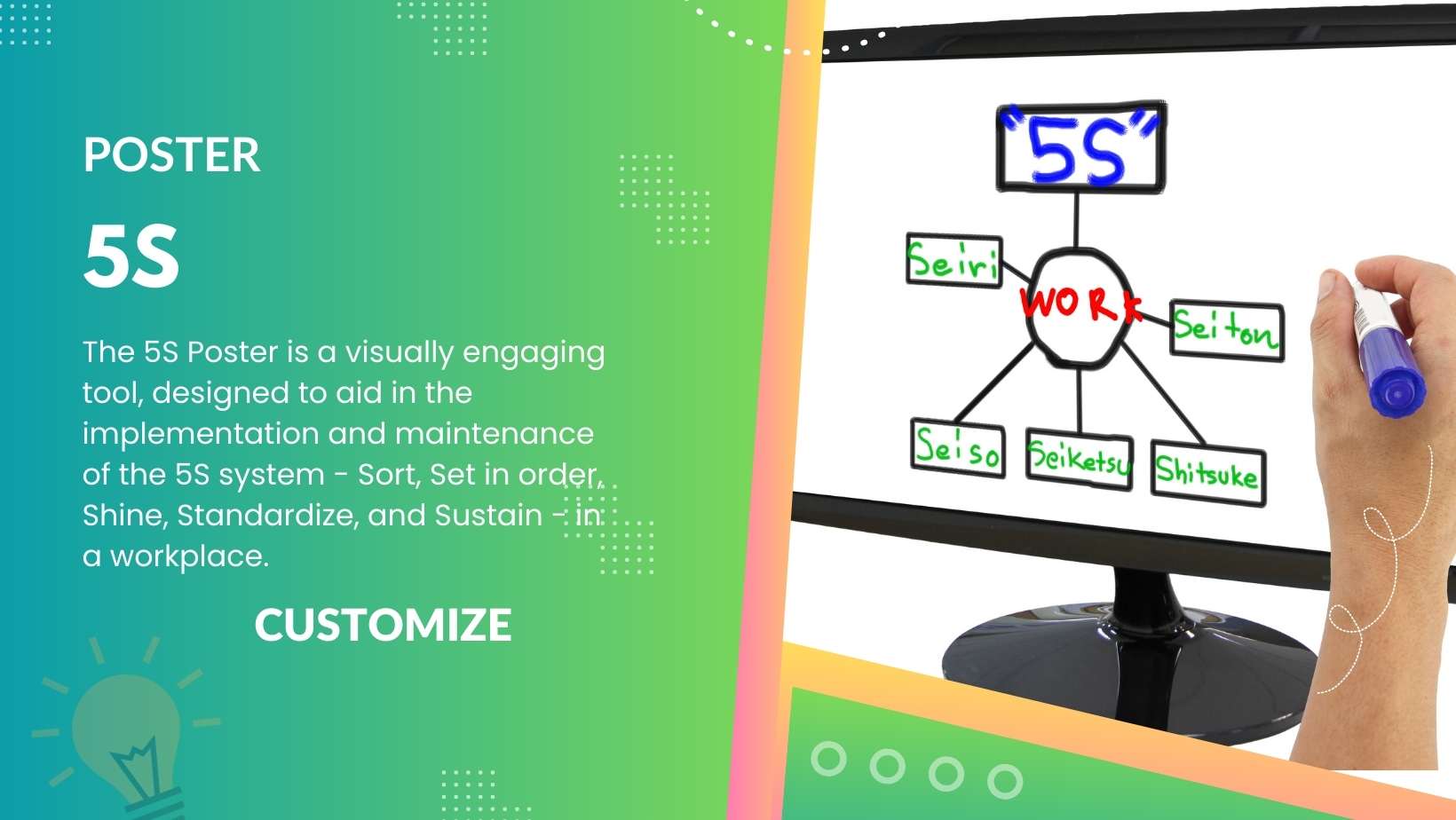8 Types of Muda ===
In today’s fast-paced business landscape, operational efficiency is crucial for organizations striving to stay competitive. Lean management, a methodology rooted in waste reduction and continuous improvement, offers a valuable framework for achieving this goal. Central to the philosophy of lean management is the concept of Muda – the Japanese term for waste. To fully optimize operations and maximize productivity, it is essential to understand the different types of Muda that can plague an organization. This article aims to demystify Muda and provide a comprehensive guide to the various types of wasted resources, as well as strategies for their elimination.
=== Delving into Lean Management’s Hidden Wastes ===
Lean management incorporates the principles of waste elimination and process optimization to drive organizational success. However, hidden within every operation are eight types of Muda, lurking below the surface. These hidden wastes, if left unaddressed, can undermine efficiency and hinder progress. By delving into the depths of these hidden wastes, organizations can identify areas for improvement and unleash their true potential.
=== Demystifying Muda: A Comprehensive Guide ===
Muda, often described as the enemy of lean management, encompasses a range of wasteful activities that do not add value to the customer or the business. To truly understand Muda, a comprehensive guide is essential. This guide uncovers the mysteries around the eight types of Muda, providing organizations with the knowledge required to identify and eliminate these wasteful practices effectively.
=== Identifying the 8 Types of Muda ===
Within the realm of lean management, eight distinct types of Muda have been identified. These include overproduction, waiting, transportation, unnecessary motion, inventory, over-processing, defects, and underutilized talent. By understanding each type and their implications, organizations can pinpoint areas of inefficiency and develop strategies to rectify them.
=== Unveiling the Secrets of Lean Management ===
Lean management holds the key to unlocking hidden potential within organizations. By embracing lean principles and eliminating Muda, businesses can streamline operations, reduce costs, enhance customer satisfaction, and ultimately achieve sustainable growth. By unraveling the secrets of lean management, organizations can harness its power and revolutionize their business practices.
=== Exploring the Dark Side of Operational Efficiency ===
While operational efficiency is a sought-after goal, it is essential to acknowledge the dark side that lies within. The dark side refers to the hidden wastes that plague organizations and hinder progress. By exploring this dark side, organizations can shed light on areas of improvement and empower themselves to take action against wasteful practices.
=== From Waste to Wealth: Optimizing Lean Practices ===
Transforming waste into wealth is the fundamental objective of lean management. By optimizing lean practices, organizations can maximize operational efficiency, minimize costs, and deliver greater value to customers. Embracing lean principles and turning waste into wealth creates a win-win situation, benefiting both the organization and its stakeholders.
=== Uncovering the Hidden Costs of Inefficiency ===
Inefficiency within an organization comes with a hidden cost that can severely impact the bottom line. By uncovering the hidden costs associated with inefficiency, organizations can quantify the true price of wasteful practices. This knowledge serves as a catalyst for change, inspiring organizations to prioritize waste elimination and embrace lean management principles.
=== Mastering Muda: Strategies for Waste Elimination ===
To truly harness the power of lean management, organizations must master the art of waste elimination. By implementing effective strategies, such as standardized work, value stream mapping, and continuous improvement initiatives, organizations can systematically eradicate Muda and pave the way for enhanced productivity and profitability.
=== Unlocking the Potential of Lean Management ===
Lean management holds immense potential for organizations looking to thrive in today’s dynamic business environment. By unlocking this potential, organizations can create a culture of continuous improvement, empower employees to contribute to waste elimination and establish a foundation for sustainable success. By embracing the principles of lean management, organizations can drive innovation, fuel growth, and become industry leaders.
=== Streamlining Operations: Tackling Muda Head-On ===
Streamlining operations is a critical aspect of lean management. By tackling Muda head-on, organizations can create a more efficient and agile operation. By identifying and addressing the root causes of waste, organizations can optimize processes, reduce lead time, and enhance overall performance. Streamlining operations paves the way for improved customer satisfaction, increased competitiveness, and long-term success.
=== A Leaner Future: Revolutionizing Business Practices ===
The future of business lies in lean management principles. By revolutionizing business practices, organizations can embrace a leaner future, characterized by efficiency, productivity, and continuous improvement. As organizations eradicate Muda and optimize operations, they can navigate the ever-changing business landscape with confidence, agility, and resilience.
===OUTRO:===
Unmasking 8 Types of Muda and understanding its different types is crucial for organizations aspiring to achieve operational excellence. By delving into the depths of lean management’s hidden wastes, organizations can unlock their true potential and revolutionize their business practices. Embracing lean principles and streamlining operations are not mere buzzwords but integral steps towards creating a leaner future where efficiency, productivity, and customer value are paramount. With the knowledge gained from this comprehensive guide, organizations can embark on a journey of waste elimination, transforming inefficiency into wealth and reaping the rewards of lean management.









